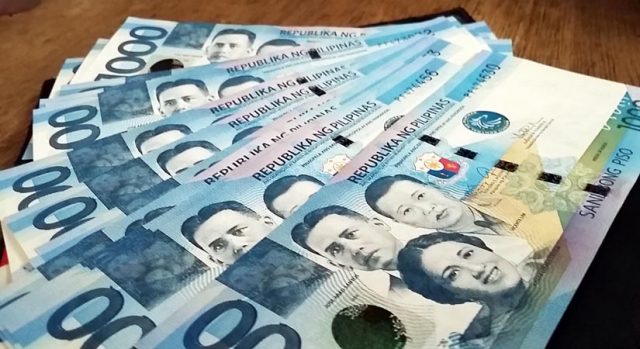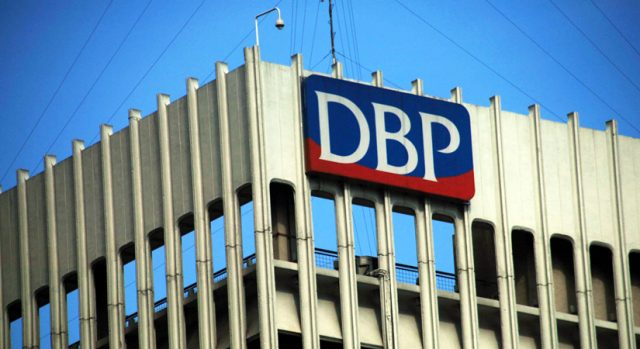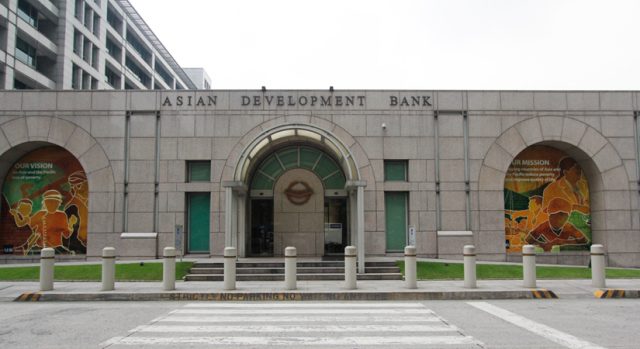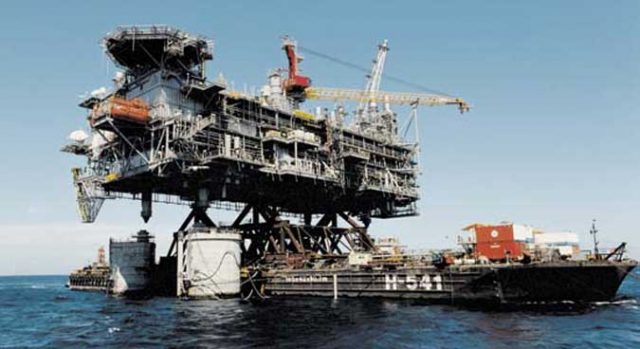Consumers more upbeat; business sentiment falls
Consumer sentiment improved in the second quarter as more jobs were created, but businesses were less optimistic due to a surge in coronavirus infections and rising prices, according to the Philippine central bank.
The Bangko Sentral ng Pilipinas (BSP) confidence index (CI) fell by 30.9% in the quarter ended June, better than the 34.7% slump a quarter earlier, it said on Friday. The number of households with a grim outlook went down, but they still outnumbered those with an optimistic view.
Consumer confidence was also upbeat for the third quarter and the next 12 months, the central bank said. The confidence index reverted to positive 1.3% from a 2.2% slump in the first quarter.
For the next 12 months, the index rose to 19.8% from 17.9% in January to March.
Meanwhile, the confidence index for companies dropped to 1.4% in the second quarter from 17.4% a quarter earlier.
“Businesses were less optimistic because of the upsurge in COVID-19 cases during the period, the reimposition of a stricter community quarantine particularly in the National Capital Region, plus elevated inflation due to supply constraints,” BSP Department of Economic Statistics Director Redentor Paolo M. Alegre, Jr told an online news briefing.
Business sentiment for the third quarter and in the next 12 months also weakened to 31.3% (from 42.8%) and 52.5% (from 60.5%), respectively.
The central bank said the consumer outlook on spending increased in the second quarter to 29% from 26.4% a quarter earlier.
“This suggests that consumers may gradually increase their consumption of goods and services after months of subdued spending as a result of uncertainties brought about by the pandemic,” BSP said.
“The respondents also cited concerns over the pace of the vaccination rollout for the current quarter as well as the expected seasonal factors for the third quarter such as the close of the milling season and the usual slack in demand for power and construction materials during the rainy season,” it said.
BSP’s job outlook index also fell to 5% in the second quarter from 5.7% a quarter earlier, but the 12-month outlook improved to 14.7% from 11.7%.
The employment outlook remained optimistic and broadly steady among local companies, with many of them likely to hire more workers in the third quarter and in 2022.
The central bank held its among 5,634 respondents from April 21 to May 1, while the business expectations survey had 1,513 participants between April 7 and May 27. — Beatrice M. Laforga












